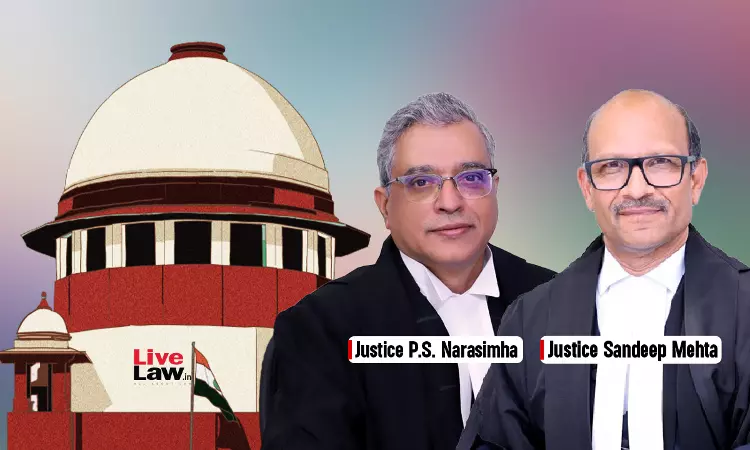Recording Evidence Mandatory In Disciplinary Proceedings Proposing To Impose Major Penalties: Supreme Court
Yash Mittal
18 Nov 2024 8:10 PM IST

Next Story
18 Nov 2024 8:10 PM IST
The Supreme Court directed the reinstatement of a government employee whose termination was based on an inquiry report imposing a major penalty without adequately proving the charges. The court emphasized that the recording of evidence in a disciplinary proceeding proposing charges of a major punishment is mandatory."This Court in a catena of judgments has held that the recording of evidence in...
